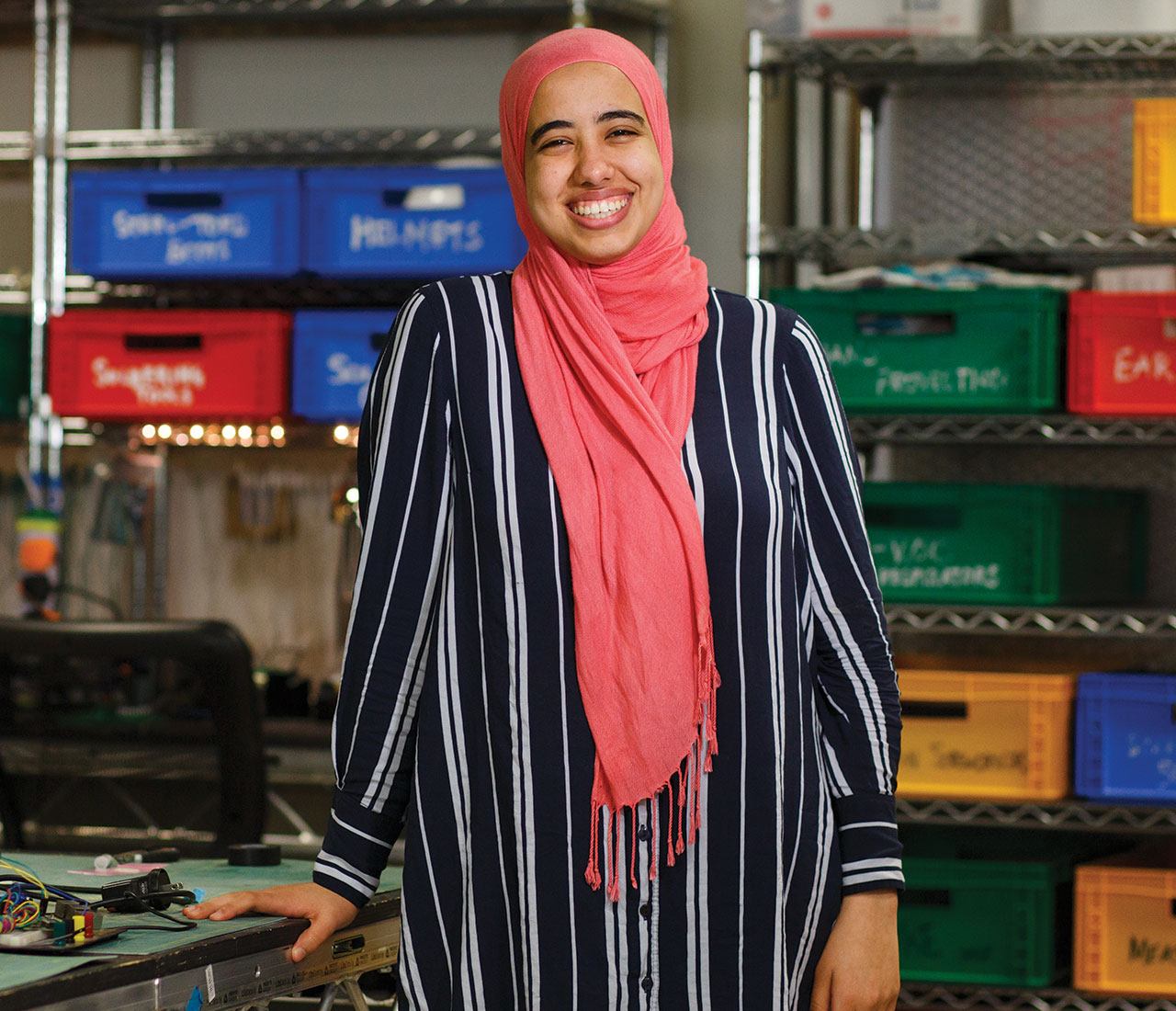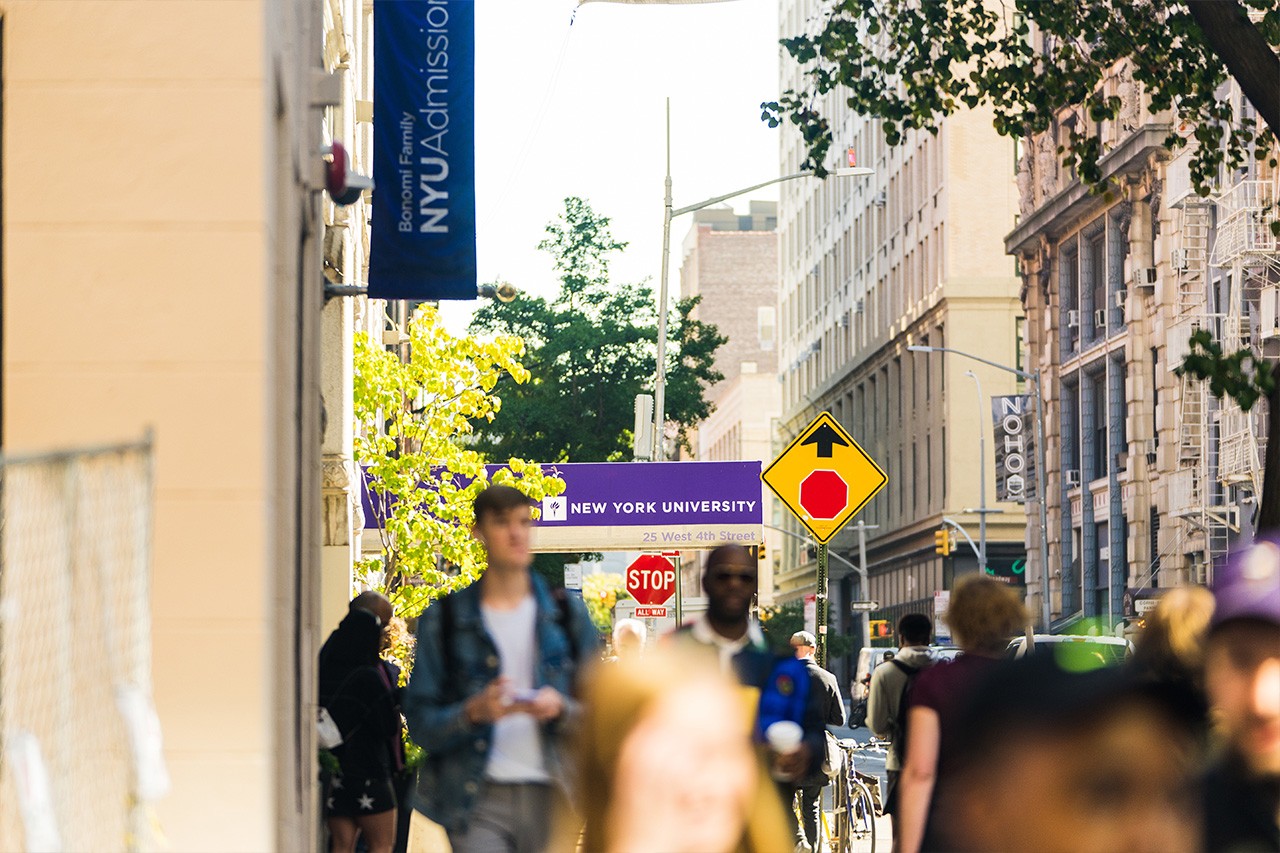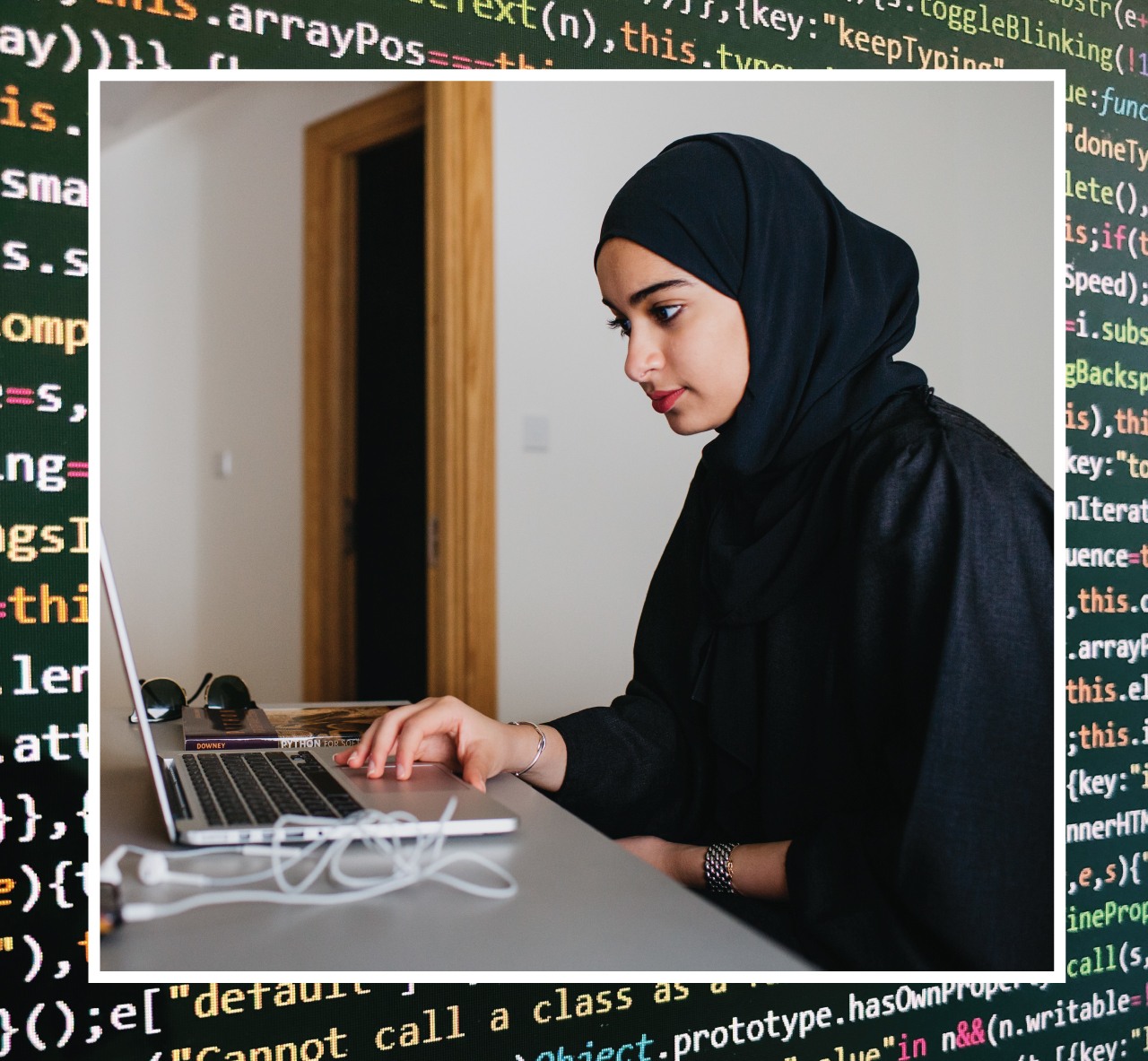Published April 28, 2021
Policy, Education, and Research: Build a Curriculum to Change the World
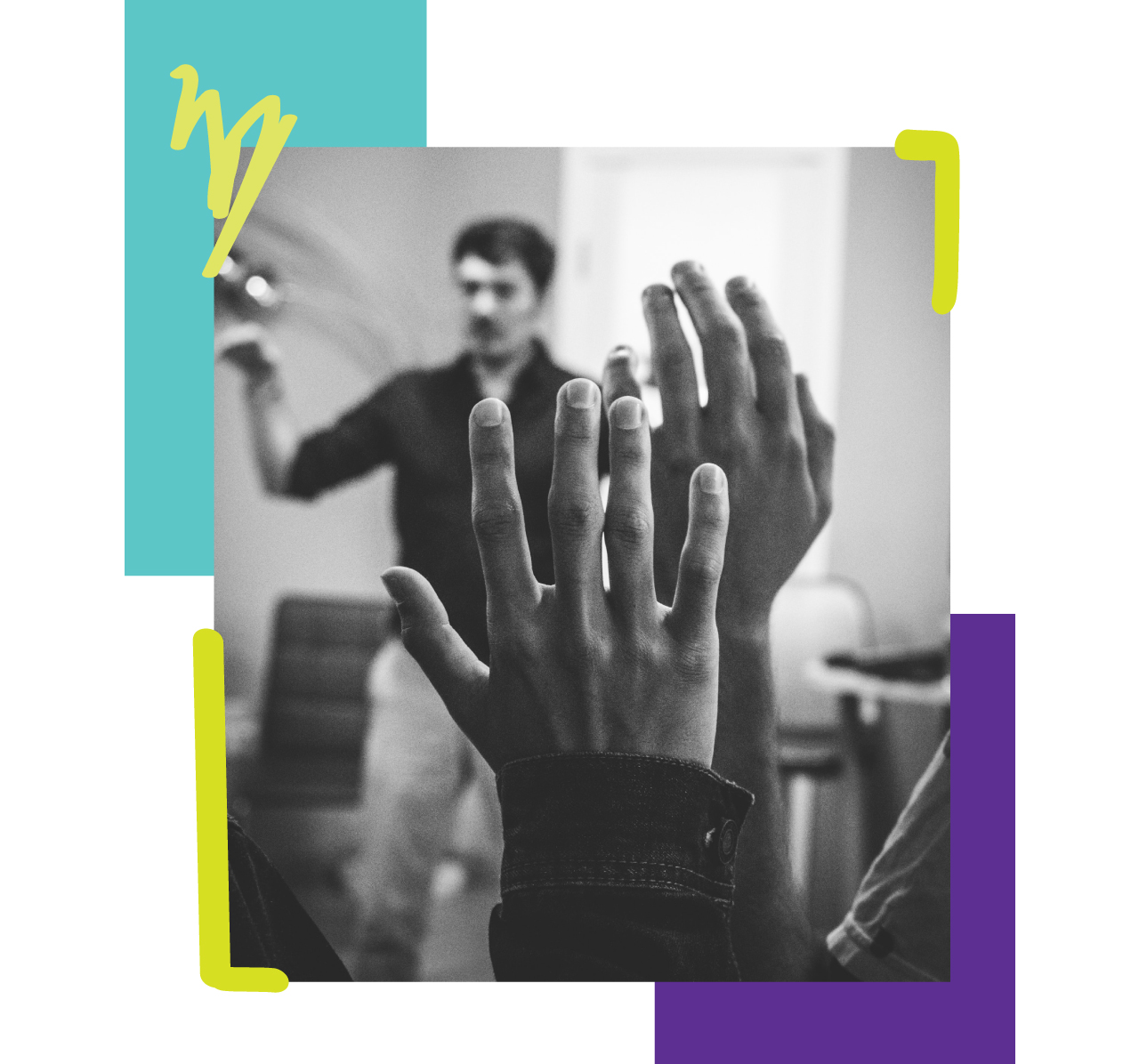
Through community leadership and supporting its students as they confront injustices with activism, NYU has been at the forefront of many social and political movements. And in our classrooms, students develop an intellectual foundation for changing the world. Here, you can focus on everything from policy and education to research. Across NYU’s schools and campuses, a wide variety of majors, minors, and courses offer deep insights into both systemic issues and the paths to progress. What’s more, as a community, whether it’s through student activities or institutional changes, we hold a mirror to ourselves as we strive to keep doing better and pushing forward.
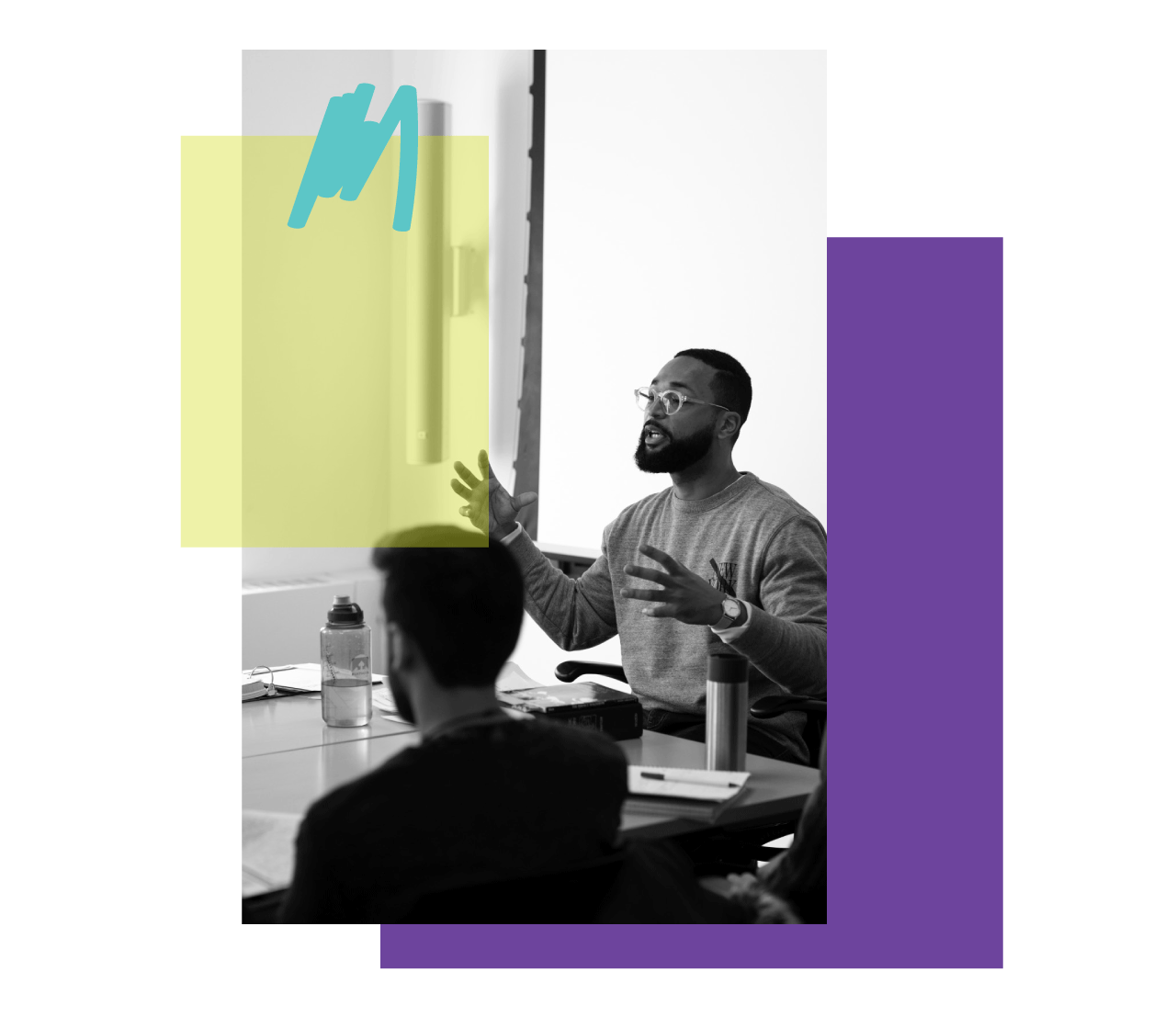
Student Values Reflected in the Classroom
NYU undergraduates can pursue a path in impactful fields such as social work at the Silver School of Social Work, education at the Steinhardt School of Culture, Education, and Human Development, urban democracy and civil engagement at the Gallatin School of Individualized Study, and sociology and environmental studies at the College of Arts and Science. Even if you’re not completing a major or minor in one of these tracks, you can incorporate electives to become a more informed and empowered advocate for the causes you care about. Specialized courses dive into social and political issues. For example, you can explore public policy, civil rights, environmental justice, community organizing, media activism, and social movements.
Policy: Making an Impact on Systemic Problems
A course in public policy can be “the beginning of what I hope becomes a lifelong passion for civic engagement,” says Matt Kaczmarek. He is an assistant professor of public service at the Wagner Graduate School of Public Policy. NYU Wagner is a graduate school, but it offers an undergraduate Public Policy minor as well as a joint bachelor’s and master’s program. Kaczmarek’s The Politics of Public Policy class provides a broad understanding of societal problems and the tools for finding solutions. “I think my job is to excite people, to get them hopeful that the challenges they face in society aren’t intractable. And to really make them feel both that the responsibility is on their shoulders, but also that they are the solution,” he says.
According to Professor Kaczmarek, the policy process involves asking a series of questions. “First, how do you define a problem? How do you develop a persuasive argument about that problem? Then, how do you analyze a range of solutions? In teaching students political frameworks, it helps them to make sense of some of the really big problems that we face as societies that seem to be bigger than any one person can have an impact on.”
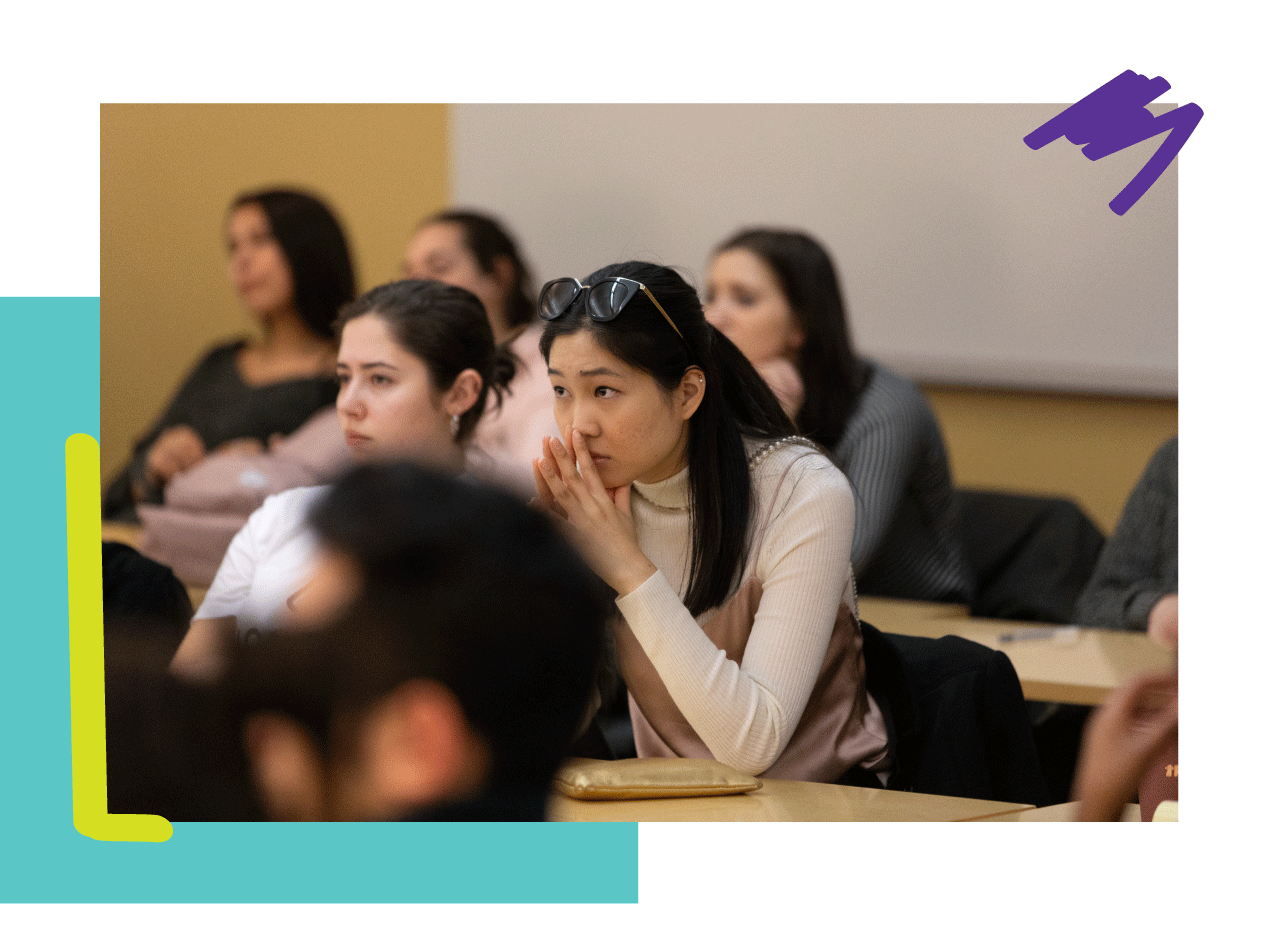
Building Awareness for a More Just Society
Courses also provide new lenses for seeing societal conflicts and working for social change. In the Silver School of Social Work, Dr. Linda Lausell Bryant, a clinical associate professor, is the lead instructor of Diversity, Racism, Oppression, and Privilege. “The course is designed to provide students with the opportunity to develop the theoretical knowledge, skills, attitudes, and self-awareness needed to contribute toward a more socially just society,” Dr. Bryant says.
The past year has thrown a spotlight on many of the concepts these classes cover. “2020 has been a time of unprecedented challenges, rapid change, instability, and deep social divisions,” says Dr. Bryant. She points to the structural inequalities laid bare by both the pandemic and highly publicized police murders of Black people. According to Dr. Bryant, these issues create a challenge for students to rise to. “The moment calls for professionals who are capable of embracing the discomfort and disequilibrium that accompanies change. It calls for professionals who can exercise leadership and engage citizens. It calls for increasing the number of underrepresented people who are at the decision-making tables. It calls for diverse voices and perspectives. The problems that come from inequity cannot be addressed without the presence of those who are or have been harmed by them.”
Research, Then Put Theory into Practice
Campus and city resources, along with special research opportunities, complement classroom teachings. For example, Bobst Library houses an extensive special collection on labor movements. Additionally, the Governance Lab, based at the Tandon School of Engineering, leverages research and data to help institutions work more openly and effectively as they solve public problems.
NYU Gallatin’s Urban Democracy Lab explores innovative research and responses to big-picture social and environmental issues facing cities. Its Student Organizers club brings together undergraduates and graduates who are committed to social justice and gives them a chance to work with urban scholars. “There is so much information constantly being thrown at people,” says Gia Cruz. She is a member of the club’s executive board. “This club is a place to digest that material and think of tangible solutions.”
NYU is also uniquely situated in a wellspring of hands-on activism opportunities. For example, Education majors teach in the most diverse school system in the United States. They prepare for this role in classes such as Understanding Diversity Teaching Pluralism. And many students intern for city organizations and political campaigns. “One of the great opportunities that students have in going to NYU is that they’re living in one of the world’s greatest policy laboratories,” Professor Kaczmarek explains. His students study both the city’s policy successes and failures, sometimes as they’re happening. “A lot of students are active, not just on campus, but in the social issues around New York and our community.”
A Sampling of NYU Courses That Empower Activism
- Activist Art and Creative Activism
- American Dilemmas: Race, Inequality, and the Unfulfilled Promise of Public Education
- Community Organizing
- Dissent! Politics, Justice, Dignity
- Diversity, Racism, Oppression, and Privilege
- Environmental Activism
- International Human Rights Activism/Education
- Leadership: Women and Public Policy
- Media Activism and Social Movements
- The Politics of Public Policy

